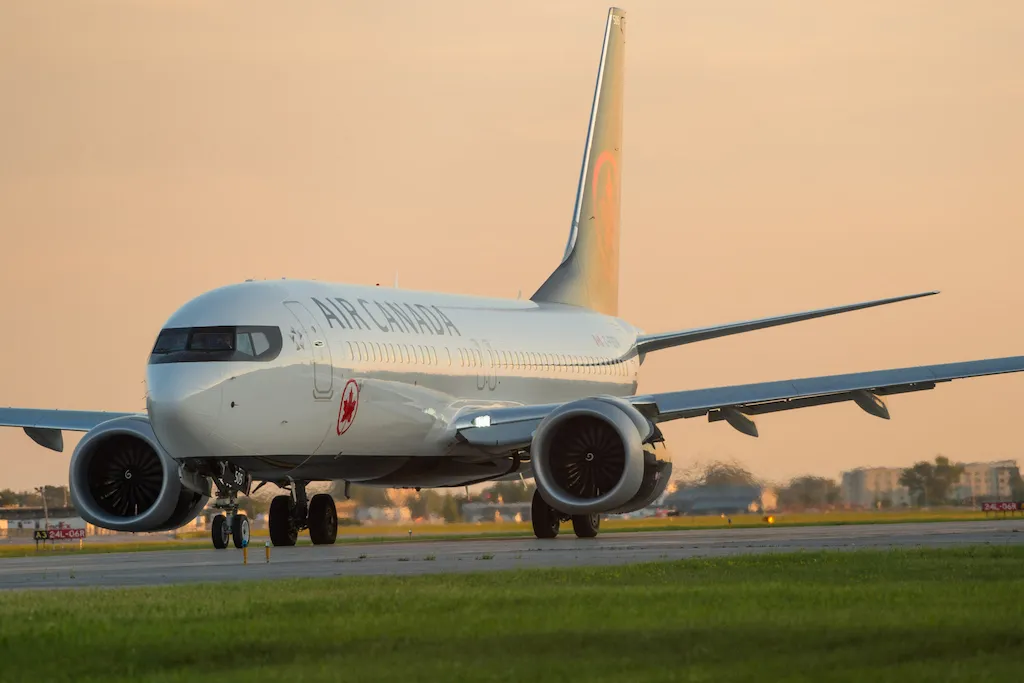Effective duty handling China to Dubai ensures smooth customs clearance, prevents penalties, and speeds up delivery. Importers who understand tariffs, documentation, and transport options can save time and reduce logistics costs significantly.
What Does Duty Handling from China to Dubai Mean?
Duty handling refers to the complete customs clearance process from declaration to release. It includes tariff classification, payment of import duties and VAT, and compliance with UAE customs regulations.
| Step | Description | Handled By |
|---|---|---|
| Customs Declaration | Submit documents via Dubai Trade portal | Importer or Broker |
| Duty Calculation | Based on HS Code and CIF value | Customs Authority |
| Payment & Inspection | Settle duties before inspection | Importer |
| Cargo Release | Obtain clearance for entry | Customs Officer |
Although the process is standardized, accuracy in documentation and product classification directly affects clearance speed and costs.
How Are Import Duties and Taxes Calculated in Dubai?
The UAE typically charges 5% customs duty on the CIF value (Cost + Insurance + Freight) for most imports. Additionally, a 5% VAT is applied to the total value after duty.
For example, if your shipment from China is valued at $20,000 CIF, the total payable will be:
- Customs Duty: $1,000
- VAT: $1,050 (5% of $21,000)
- Total = $2,050
Certain categories—such as gold, electronics, or raw materials—may qualify for exemptions under Free Zone or re-export rules.
Which Shipping Method Works Best for China–Dubai Imports?
Selecting the right mode of transport balances cost, speed, and customs timing.
| Method | Average Cost | Transit Time | Advantages | Drawbacks |
|---|---|---|---|---|
| Air Freight | $4.5–$7/kg | 3–5 days | Fastest, reliable | Expensive for bulky items |
| Sea Freight | $800–$1,100/20ft | 25–30 days | Economical for bulk cargo | Slower |
| Rail Freight | $1.5–$2/kg | 10–15 days | Balanced cost & time | Limited routes |
Moreover, using consolidated LCL (Less than Container Load) shipments helps SMEs reduce costs when full containers aren’t needed.
What Documents Are Required for Duty Handling?
Proper documentation ensures accuracy and prevents customs delays.
| Document | Purpose | Common Mistake |
|---|---|---|
| Commercial Invoice | Declares item value | Wrong HS Code |
| Packing List | Describes cargo content | Missing dimensions |
| Certificate of Origin | Confirms source | Unverified signature |
| Bill of Lading / AWB | Proof of shipment | Wrong consignee name |
Incomplete paperwork is the top reason for inspection delays. Always pre-check documents before vessel arrival to save 1–2 days on clearance.
What Are the Key Challenges in Duty Handling China to Dubai?
Importers often face common issues like:
- Misclassified tariff codes
- Underreported values triggering re-assessment
- Inconsistent invoice currency
- Missing import permits for controlled goods
However, professional customs brokers streamline documentation and maintain compliance with Dubai Customs’ online declaration system.
Additionally, using pre-clearance services ensures faster inspection scheduling and avoids container demurrage costs.
Real Case Studies: China to Dubai Freight & Duty Handling
Case 1 – Electronics Shipment (Shenzhen → Jebel Ali Port)
- Goods: 5 tons of smartphone accessories
- Mode: Sea Freight (FCL 20ft)
- Transit: 26 days
- Cost: $2,600 freight + 5% duty + 5% VAT
- Result: Cleared within 48 hours with accurate HS coding.
Case 2 – Machinery Parts (Guangzhou → DAFZA)
- Goods: 1.2 tons precision CNC parts
- Mode: Air Freight
- Transit: 4 days
- Cost: $5,400 total freight
- Result: Duty deferred under Free Zone; moved later with 5% tax.
How to Speed Up Duty Handling and Clearance in Dubai
To illustrate, importers can streamline customs operations through these steps:
- Pre-register shipments on Dubai Trade portal.
- Upload commercial and shipping documents early.
- Use digital payment methods for duty and VAT.
- Schedule inspections proactively.
- Partner with a licensed broker for pre-clearance support.
As a result, companies reduce clearance time from 3–4 days to less than 48 hours on average.
Choosing the Right Freight Forwarder for Duty Handling
Selecting a reliable logistics partner is essential for successful clearance. Choose one with:
- Valid customs broker certification
- In-house documentation support
- Multi-modal freight capability (air, sea, rail)
- Transparent pricing and real-time tracking
To summarize, trusted freight forwarders ensure error-free paperwork, on-time shipments, and complete duty management for China–Dubai routes.
Conclusion
Efficient duty handling China to Dubai ensures timely clearance, cost control, and business continuity. By coordinating with licensed brokers, keeping accurate documents, and choosing the right transport mode, importers gain faster clearance and predictable costs. In conclusion, streamlined duty processing strengthens long-term logistics performance and builds stronger China–Dubai trade partnerships.
Request a Quote
Need a tailored solution for your shipping from China?
Let TJ China Freight Forwarder assist you with reliable, cost-effective service.
FAQs
Q1.What’s the average customs clearance time from China to Dubai?
Clearance usually takes 1–3 working days when all customs and shipping documents are accurately prepared before shipment arrival.
Q2.How much import duty applies to China–Dubai goods?
Most general goods attract a 5% customs duty plus 5% VAT based on the declared CIF value of imported shipments.
Q3.Can small companies manage duty handling independently?
Yes, they can use Dubai Trade’s online platform to declare goods and settle duties without relying on third-party customs agents.
Q4.Which shipping method offers the best value for Dubai imports?
Sea freight provides the lowest cost for bulk cargo, while air freight ensures quick transit for high-value or time-sensitive goods.
Q5.How can importers avoid customs penalties?
Submit truthful invoices, correct HS Codes, and complete documentation to comply with customs law and avoid revaluation penalties.




